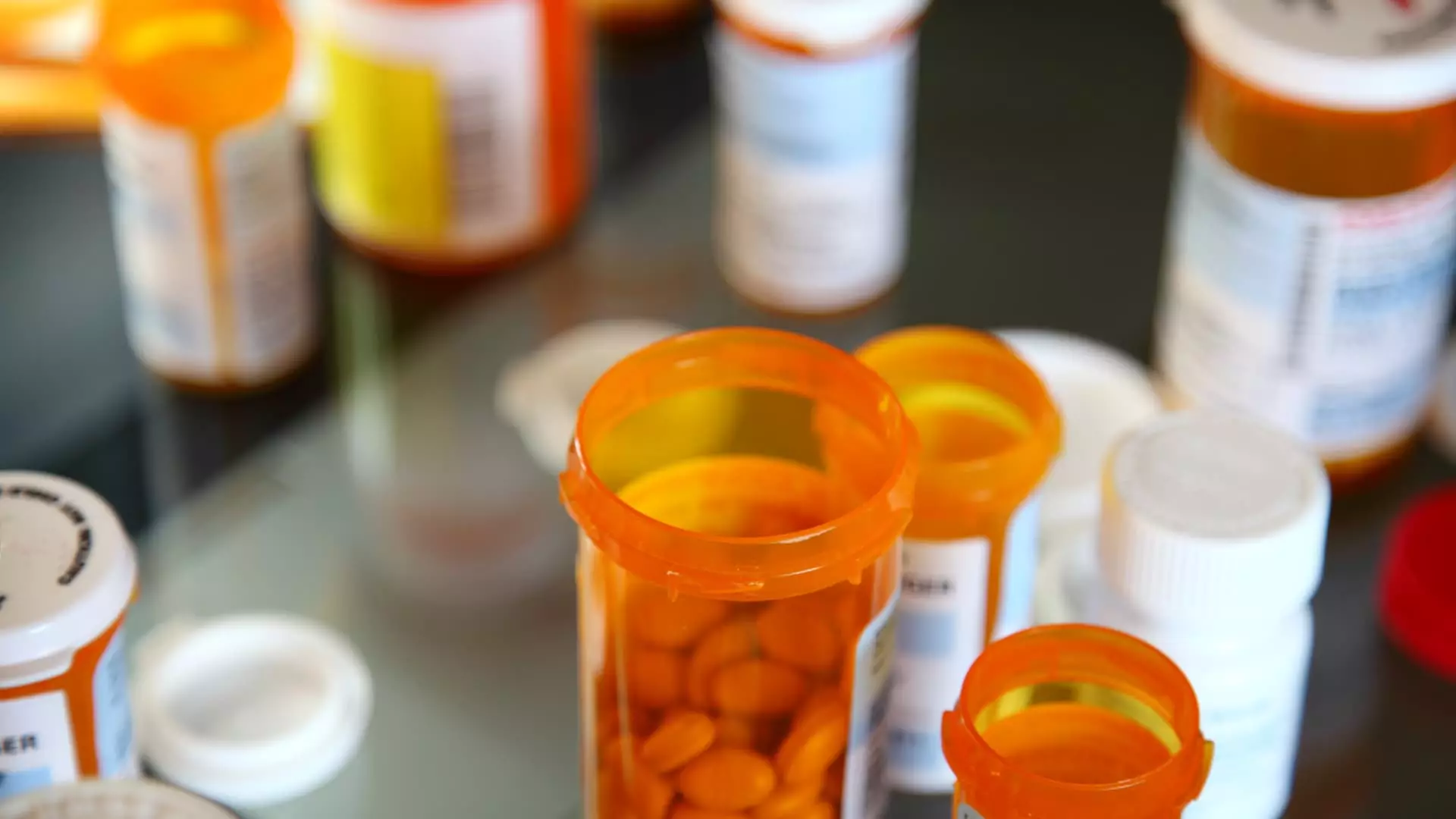The Ripple Effect of U.S. Tariffs on Pharmaceutical Supply Chains

The implications of President Donald Trump’s proposed tariffs on imports from Canada, Mexico, and China are generating a complex dialogue in the realms of healthcare and pharmaceutical supply chains. Specifically, these tariffs—set at 25% for Canadian and Mexican products and 10% for Chinese imports—could exacerbate existing challenges, particularly drug shortages and rising healthcare costs.
As the U.S. confronts a notable shortfall in essential medications, the imposition of tariffs could worsen an already precarious situation. With various healthcare providers struggling to procure basic supplies and life-saving drugs, the additional financial burden of tariffs might drive generic drug manufacturers out of the market. Generic medications are crucial for a significant portion of the U.S. population, as they account for approximately 90% of all prescriptions filled. The concern here is that this erosion of accessible medication will result in patients facing not just a decrease in drug availability, but also rising prices that could limit their treatment options.
John Murphy, CEO of the Association for Accessible Medicines, has underscored the precarious financial landscape that generic manufacturers operate within. These companies often function on razor-thin profit margins, and the added costs from tariffs may render their business models unsustainable. The reality is that without a robust generic market, patients’ access to affordable alternatives to brand-name drugs will dwindle, leading to an overall deterioration of public health outcomes in the U.S.
A wide-ranging reliance on foreign-based production for active pharmaceutical ingredients (APIs) complicates the situation. A significant quantity of both generic and brand-name medications manufactured in the U.S. derives its core components from countries such as China, which offers lower manufacturing costs. Tariffs generate a ripple effect: as costs increase, affordability is compromised, and manufacturers may be pushed to cease operations, potentially resulting in crucial drug shortages.
The Healthcare Distribution Alliance, representing various stakeholders in the pharmaceutical distribution sector, has been vocal about their concerns regarding the tariffs. They caution that increased import taxes could decimate an already fragile supply chain, further aggravating drug shortages and leading to surging costs for both healthcare providers and patients alike. Notably, this would impact vulnerable populations relying on government programs like Medicare and Medicaid, which could soon face an untenable scenario as prices rise.
The long-term economic impact of these tariffs may manifest as an overall increase of approximately 1.1% in pharmaceutical prices in the U.S., according to research from The Budget Lab at Yale University. While this figure may seem modest at first glance, the cumulative effect over time could significantly multiply, impacting millions of Americans struggling to afford medications.
Additionally, these tariffs threaten the broader framework of biopharmaceutical innovation. The Pharmaceutical Research and Manufacturers of America acknowledges the government’s intent to preserve U.S. leadership in pharmaceutical innovation. However, they argue that tariffs should target unfair international practices rather than stymie the domestic sector’s potential. By neglecting to distinguish between harmful practices abroad and legitimate competition, the U.S. government may inadvertently stifle its own pharmaceutical industry in favor of settling geopolitical disputes.
The Medical Device Industry’s Concerns
The repercussions of these tariffs aren’t limited to pharmaceuticals. Various types of medical devices and their components, many sourced from countries like China and Mexico, are also subject to similar cost pressures. Companies like Intuitive Surgical have indicated that tariffs could heighten the costs of their products, thereby affecting profits and ultimately the prices paid by consumers. The medical device sector as a whole, represented by associations like AdvaMed, has called for exemptions, warning that tariffs may lead to critical shortages and impede advancements in medical technology. If the supply chain for these devices falters, patient care could suffer dramatically.
As the complexities of international trade intersect with healthcare provision and access to medications, a cautious approach must be taken. The proposed tariffs could preferentially punish economic players who, despite their challenges, aim to provide affordable healthcare options for millions of Americans. Policymakers need to consider the cascading effect that tariffs may have on supply chains and ultimately on patient welfare. If the goal is to enhance public health outcomes through an accessible pharmaceutical landscape, addressing the underlying concerns with trade practices must take precedence over punitive measures like tariffs. The focus should be not just on economic competition, but rather on crafting solutions that ensure that essential medicines are available and affordable for all.





